This article was co-authored by Lydia Shedlofsky, DO. Dr. Lydia Shedlofsky is a Resident Dermatologist who joined Affiliated Dermatology in July of 2019 after completing a traditional rotating internship at Larkin Community Hospital in Miami, Florida. She earned a Bachelor of Science in Biology at Guilford College in Greensboro, North Carolina. After graduation, she moved to Beira, Mozambique, and worked as a research assistant and intern at a free clinic. She completed a Post-Baccalaureate program and subsequently earned a Master's Degree in Medical Education and a Doctorate of Osteopathic Medicine (DO) from the Lake Erie College of Osteopathic Medicine.
There are 13 references cited in this article, which can be found at the bottom of the page.
This article has been viewed 22,322 times.
The best way to protect your scalp and hair from the sun is to avoid exposure.[1] Stay indoors, especially during periods of maximal sunlight during the midday. If you do go out, wear a hat or other head covering. Walk in shaded areas. If your scalp is exposed due to hair thinning or braids, apply sunscreen to the exposed areas.
Steps
Preventing Exposure to Sun
-
1Wear a hat.[2] Even on cloudy days, ultraviolet (UV) light can still cause sunburns and damage skin. The easiest way to protect your head is to cover it with a cap of some sort. If possible, wear a wide-brimmed hat that protects your neck, as well.[3] A hat is less effective than sunscreen (roughly equivalent to SPF 5), but it protects your scalp and other areas where sunscreen is difficult to apply.[4]
- If you do not have hats available, walk in such a way that minimizes your exposure to the sun. For instance, walk on the shady side of the street instead of the sunny side, or choose a path that keeps you beneath the shade provided by trees.
-
2Use sunscreen. If your hair is thinning, if you have your hair in braids, or if your hair is arranged in such a way that the scalp is exposed, apply sunscreen to your head. Take special care to apply it to areas where a large percentage of your scalp is exposed to the sun. Use a sunscreen that offers both UVA and UVB protection with at least SPF 30 if you’re spending an extended amount of time outdoors (at the beach or out on a bike ride, for instance) or at least SPF 15 if you’re just out on an average outing.[5]Advertisement
-
3For the best results, use a reef-safe mineral-based sunscreen.[6]
- Ensure your sunscreen is not oily. Your scalp can more easily absorb a lightweight, moisturizing formula than an oily one. Plus, an oily sunscreen will make your scalp feel greasy. Check for ingredients like zinc or titanium oxide that could make your sunscreen greasier.[7]
- Apply the sunscreen in a thin, even layer across your scalp, just as you would when applying it to any other part of your body.
- Reapply sun lotion every two hours.
-
4Avoid going out when the sun is most intense. The midday (10 AM to 2 PM) sun is the worst for your skin. Try to avoid going out during these times.[8] If you do, cover your hair and head with a hat, or seek shade beneath a stand of trees to maximize hair and scalp protection.
-
5Be careful around reflective surfaces. Water, snow, and sand all reflect UV light back at you. If you visit a beach or snowscape during the late morning or afternoon, wearing a hat and high-SPF sunscreen is especially important.[9]
-
6Wear a protective hairstyle. If you have long hair but no hat, consider wearing a ponytail, bun, or updo. Unlike hairstyles with a part, these will cover your scalp completely, preventing sunburn.
- Since this leaves your hair unprotected, it's best to rely on a hat most of the. People with afro-textured hair, fine hair, or light-colored hair should be especially cautious, since their hair is more easily damaged by sun.[10]
-
7Look up UV predictions. Many weather reports tell you the day's UV index, at least during the summer. You can also find these predictions for some countries, including the US, Australia, and Canada. Here's how to interpret the international WHO UV Index so you know how cautious you need to be:[11] [12]
- 1 or 2: Low risk. No protection required.
- 3 to 5: Moderate risk. Wear a shirt, sunscreen, and hat. Seek shade around noon.
- 6 to 7: High risk. Wear a shirt, sunscreen, and hat. Reduce time in sun from 10am to 4pm.
- 8 to 10: Very high risk. Avoid sun from 10am to 4pm as much as possible.
- 11+: Extreme risk. Stay indoors between 10am and 4pm if possible.
Keeping Your Hair and Scalp Healthy
-
1Adjust your shampooing schedule. Clean hair is stronger, more resistant to sun-related damage, and less likely to leave your scalp exposed. However, washing your hair more often than necessary can dry out your hair, making it weak and brittle. Daily shampooing is only necessary if you have very fine or oily hair, or if sweat has a noticeable daily effect on your scalp. Thick, dry hair may only need washing once or twice a week.[13]
- Wash with warm water instead of hot.
- Use a mild, sulfate-free shampoo made with natural ingredients like shea butter, argan oil, tea tree oil, and aloe vera.
- Once you’re done in the shower, avoid using lotions and styling gels. This will allow your hair to retain its natural oils, keeping it strong, healthy, and less likely to suffer sun-related damage.
-
2Avoid excessive heat. Curling irons, hot blow dryers, and other heat treatments will damage the keratin sheath around your hair. This leaves it open to sunlight, inviting sun damage that leaves it bleached and brittle.[14] Set your blow dryer to cool and minimize high-heat treatments.
-
3Wash out chlorine. Chlorine also makes your hair more vulnerable to sun damage. It's best not to swim in a chlorinated outdoor pool around midday, especially on days with a high UV index. When you do swim, shower right after leaving the pool to rinse out the chlorine.[15]
-
4Do not dye your hair. Dying your hair – bleaching it, especially – can open up the hair follicle, making it more vulnerable to UV damage.
-
5Do not use shampoo containing coal tar. Check your shampoo bottle for a list of ingredients. If your shampoo contains coal tar, it could make your scalp more sensitive to sunlight. Many dandruff shampoos in particular contain coal tar, but there are alternative products for that condition.[16]
-
6Avoid tanning beds and sunlamps. Tanning beds and sunlamps can expose your scalp and hair to unnecessarily high levels of UVA and UVB rays. Do not visit tanning salons or utilize sunlamps when visiting the spa.
Expert Q&A
Did you know you can get expert answers for this article?
Unlock expert answers by supporting wikiHow
-
QuestionCan I use regular sunscreen on my scalp?
 Lydia Shedlofsky, DODr. Lydia Shedlofsky is a Resident Dermatologist who joined Affiliated Dermatology in July of 2019 after completing a traditional rotating internship at Larkin Community Hospital in Miami, Florida. She earned a Bachelor of Science in Biology at Guilford College in Greensboro, North Carolina. After graduation, she moved to Beira, Mozambique, and worked as a research assistant and intern at a free clinic. She completed a Post-Baccalaureate program and subsequently earned a Master's Degree in Medical Education and a Doctorate of Osteopathic Medicine (DO) from the Lake Erie College of Osteopathic Medicine.
Lydia Shedlofsky, DODr. Lydia Shedlofsky is a Resident Dermatologist who joined Affiliated Dermatology in July of 2019 after completing a traditional rotating internship at Larkin Community Hospital in Miami, Florida. She earned a Bachelor of Science in Biology at Guilford College in Greensboro, North Carolina. After graduation, she moved to Beira, Mozambique, and worked as a research assistant and intern at a free clinic. She completed a Post-Baccalaureate program and subsequently earned a Master's Degree in Medical Education and a Doctorate of Osteopathic Medicine (DO) from the Lake Erie College of Osteopathic Medicine.
Dermatologist
-
QuestionWhat are the worst times to be out in the sun?
 Lydia Shedlofsky, DODr. Lydia Shedlofsky is a Resident Dermatologist who joined Affiliated Dermatology in July of 2019 after completing a traditional rotating internship at Larkin Community Hospital in Miami, Florida. She earned a Bachelor of Science in Biology at Guilford College in Greensboro, North Carolina. After graduation, she moved to Beira, Mozambique, and worked as a research assistant and intern at a free clinic. She completed a Post-Baccalaureate program and subsequently earned a Master's Degree in Medical Education and a Doctorate of Osteopathic Medicine (DO) from the Lake Erie College of Osteopathic Medicine.
Lydia Shedlofsky, DODr. Lydia Shedlofsky is a Resident Dermatologist who joined Affiliated Dermatology in July of 2019 after completing a traditional rotating internship at Larkin Community Hospital in Miami, Florida. She earned a Bachelor of Science in Biology at Guilford College in Greensboro, North Carolina. After graduation, she moved to Beira, Mozambique, and worked as a research assistant and intern at a free clinic. She completed a Post-Baccalaureate program and subsequently earned a Master's Degree in Medical Education and a Doctorate of Osteopathic Medicine (DO) from the Lake Erie College of Osteopathic Medicine.
Dermatologist
Warnings
- Hair products that claim to offer sun protection are rarely effective. You need a complete layer of material to block UV light — easy to do with a hat, but nearly impossible with a beach spray.[18]⧼thumbs_response⧽
- Some medications make you extra sensitive to sunlight. These include some antibiotics, chemotherapy drugs, and medications to treat blood pressure and inflammation.[19] Ask your doctor if you are taking these. Some skin care products or home remedies have this effect as well, especially if they include ingredients from citrus fruits.[20]⧼thumbs_response⧽
References
- ↑ Lydia Shedlofsky, DO. Dermatologist. Expert Interview. 11 November 2020.
- ↑ Lydia Shedlofsky, DO. Dermatologist. Expert Interview. 11 November 2020.
- ↑ http://www.macmillan.org.uk/information-and-support/coping/side-effects-and-symptoms/hair-loss/tips-to-help-you-look-after-hair-and-skin.html#247875
- ↑ http://www.skincancer.org/prevention/sun-protection/clothing/hats-the-stylish-route-to-sun-protection
- ↑ http://www.macmillan.org.uk/information-and-support/coping/side-effects-and-symptoms/hair-loss/tips-to-help-you-look-after-hair-and-skin.html#247875
- ↑ Lydia Shedlofsky, DO. Dermatologist. Expert Interview. 11 November 2020.
- ↑ http://www.today.com/style/here-s-why-you-should-be-protecting-your-scalp-summer-t98056
- ↑ Lydia Shedlofsky, DO. Dermatologist. Expert Interview. 11 November 2020.
- ↑ http://www.cancer.net/navigating-cancer-care/prevention-and-healthy-living/protecting-your-skin-sun
- ↑ https://health.clevelandclinic.org/2014/08/best-ways-to-protect-your-hair-from-sun-damage/
- ↑ http://www.who.int/uv/publications/en/UVIGuide.pdf
- ↑ https://www.epa.gov/sunsafety/uv-index-scale-1
- ↑ http://www.webmd.com/beauty/features/how-often-wash-hair
- ↑ https://health.clevelandclinic.org/2014/08/best-ways-to-protect-your-hair-from-sun-damage/
- ↑ https://health.clevelandclinic.org/2014/08/best-ways-to-protect-your-hair-from-sun-damage/
- ↑ https://www.aad.org/public/skin-hair-nails/hair-care/how-to-treat-dandruff
- ↑ https://health.clevelandclinic.org/2014/08/best-ways-to-protect-your-hair-from-sun-damage/
- ↑ http://thebeautybrains.com/2009/05/who-is-skeptical-about-sunscreen-in-their-hair-products/
- ↑ http://www.cancer.net/navigating-cancer-care/prevention-and-healthy-living/protecting-your-skin-sun
- ↑ http://www.cir-safety.org/sites/default/files/citrus2013slr_final%20for%20posting.pdf

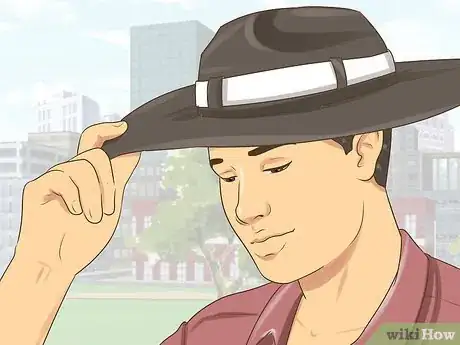
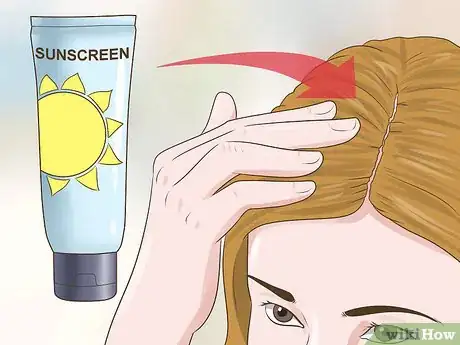


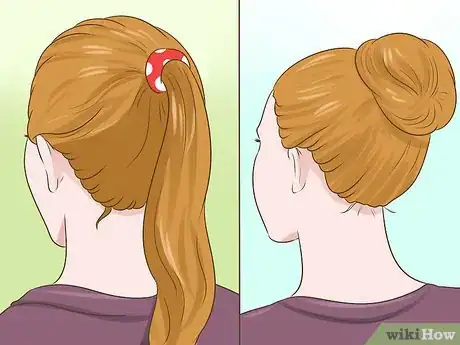
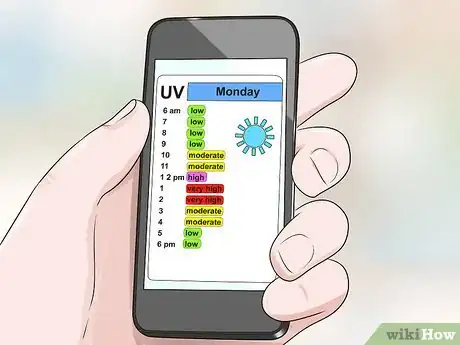
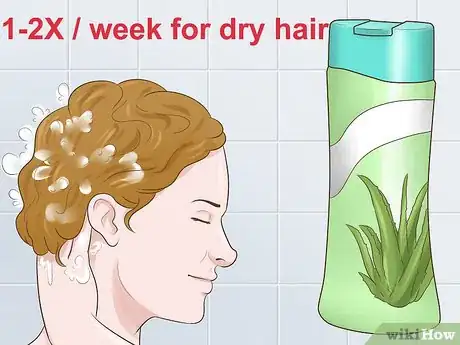
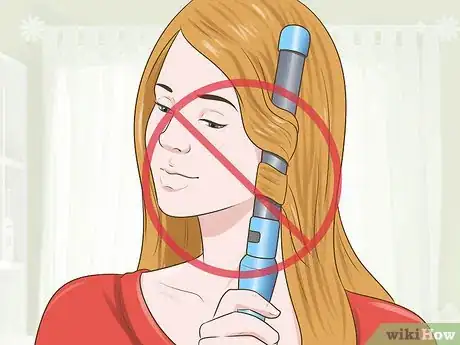

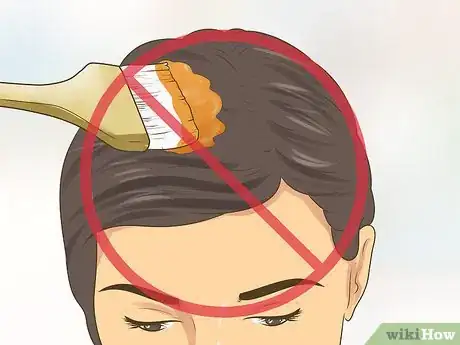
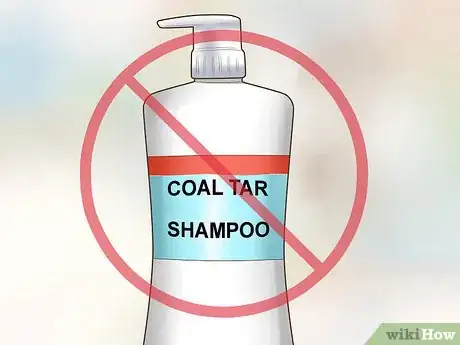
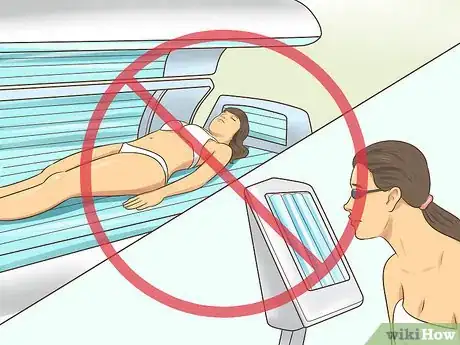
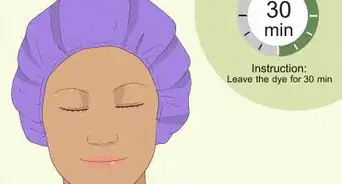


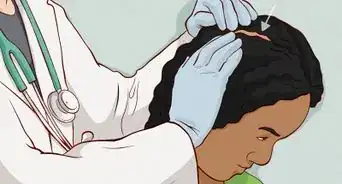
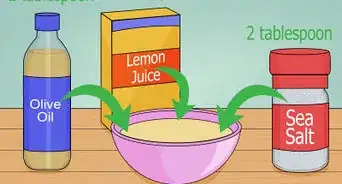

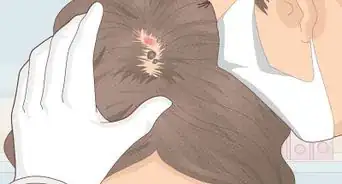
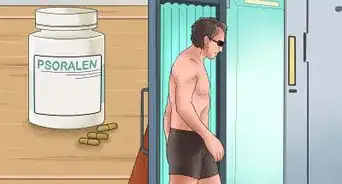
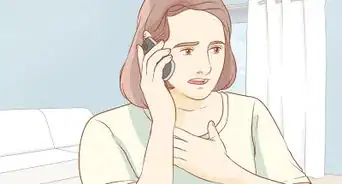

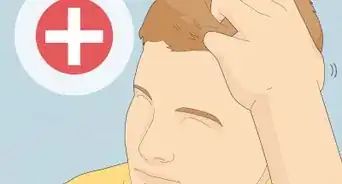
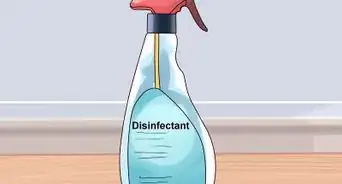
-Step-14-Version-7.webp)













































